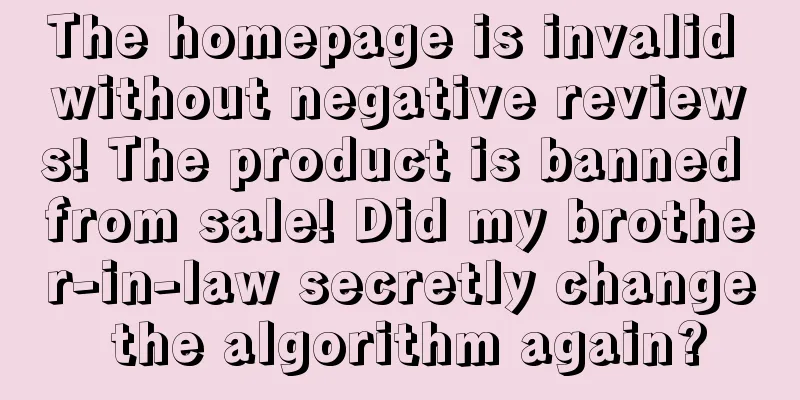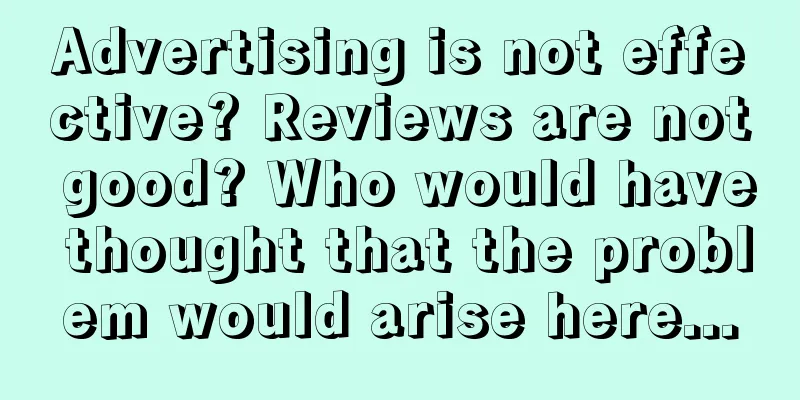Amazon's new insurance regulations are released! The cost of selling to small and medium-sized businesses has increased again.

|
Click on the blue words to follow us In the past two days, Amazon was exposed to an important change. For third-party sellers with annual sales of less than 1 million US dollars, they are not allowed to buy insurance with deductibles when purchasing commercial insurance! Previously, when Amazon required sellers with monthly sales exceeding $10,000 to purchase commercial insurance, it did not specify the specific terms and content of commercial insurance. Many sellers chose insurance products with a certain deductible for cost considerations. The essence of the deductible is to help insurance companies avoid some costs. If a claim is required, but the claim amount is below the deductible, the insurance company will not pay, leaving the insured to pay for it themselves. According to market conditions, the price difference between a commercial insurance product with a coverage of one million US dollars and one with a deductible of 10,000 and one without a deductible may be more than one thousand dollars. If the seller's product is high-risk and has a large sales volume, the price difference may be even greater. Generally speaking, small sellers and beginners will buy this kind of insurance product with a deductible. In the early stage of store operation, it is no problem to save as much as possible. However, the deductible is contrary to the purpose of Amazon's requirement to buy insurance. Amazon requires sellers to buy commercial insurance to prevent sellers from running away if something goes wrong with the product. In case of running away, the insurance company can pay compensation. The existence of the deductible means that in some cases (the compensation amount does not exceed the deductible), even if the seller runs away, the insurance company will not pay, and in the end, only Amazon will bear everything. Therefore, from a policy logic point of view, there is nothing wrong with Amazon banning the deductible. Sellers with annual sales of more than 1 million US dollars can still purchase insurance products with deductibles. Since these sellers have higher sales, the probability of product failure is relatively high. If they buy insurance without deductibles, the increase in premiums will definitely be much higher than that of small sellers. Moreover, these sellers will not easily run away with such high sales, so it is wise for Amazon to relax the insurance terms for these sellers. Amazon Insurance’s Chaos and Attempts Since the introduction of Amazon's insurance terms, new problems have continued to emerge, such as the POE insurance default incident in March, when a large number of sellers' insurance policies expired directly because the POE insurance agency violated regulations and used a false policy number to forge COI, which was caught by Amazon. All insurance policies handled by POE were revoked. Insurance is new to both sellers and Amazon, and there are many pitfalls that even the platform cannot foresee, so changes and new policies in this area are more frequent. This time, the deductible requirement is like this. Amazon must have suffered some losses from the deductible, so it found this loophole and has now filled it. |
<<: Amazon enters five emerging markets! The next profit growth point?
>>: FBA warehouses facing a labor crisis? Beware of the risk of delays in Prime Day
Recommend
Scooters sold on Amazon and other platforms are recalled by CPSC! 6 injuries reported
It is learned that the U.S. Consumer Product Safet...
What is Teezily? Teezily Review
Teezily is a French cross-border e-commerce platfo...
What is BIL (Build International Listings)? BIL (Build International Listings) Review
BIL (Build International Listings) can synchronize...
What is the National Tax Authority (NBR)? Review of the National Tax Authority (NBR)
The National Bureau for Revenue (NBR) of Bahrain w...
Will Amazon start charging a "return processing fee" on June 1? Basically, it is calculated in a similar way to disposal and recall fees, with tiered pricing starting at $1.78.
Anonymous user My C position First, provide some b...
Why are Amazon reviews always deleted?
Why are the reviews of stores that have passed Ama...
What is TRIBE? TRIBE Review
TRIBE claims to be a self-service platform between...
Can the blocked account be automatically unblocked? Official notice: Beware of cross-border scams!
The echoes of last week’s related wave are still l...
Don’t you know? Amazon’s traffic is better this way!
1. Focus on the site, supplemented by external sit...
Q3 revenue and profit both fell! Where does FedEx get the courage to raise its full-year profit forecast?
It was learned that on March 16, FedEx raised its...
Uncover the current situation of online shopping returns in the United States! These products have the highest return rate!
<span data-docs-delta="[[20,"获悉,根据社交购物平台Sl...
Over 130,000 daily visitors丨AMZ123 custom navigation is coming!
<span data-shimo-docs="[[20,"AMZ",&qu...
What is Add-on Item? Add-on Item Review
Add-on Item is a product logo launched by Amazon. ...
AliExpress and Temu are suppressing South Korea with low prices, and local e-commerce companies are panicking
On March 25, the Fair Trade Commission (FTC) of Ko...
Mixed feelings? Amazon's storage capacity has skyrocketed by tens of thousands, and this issue has become the biggest pain point!
If cross-border overseas expansion is a game of ca...









